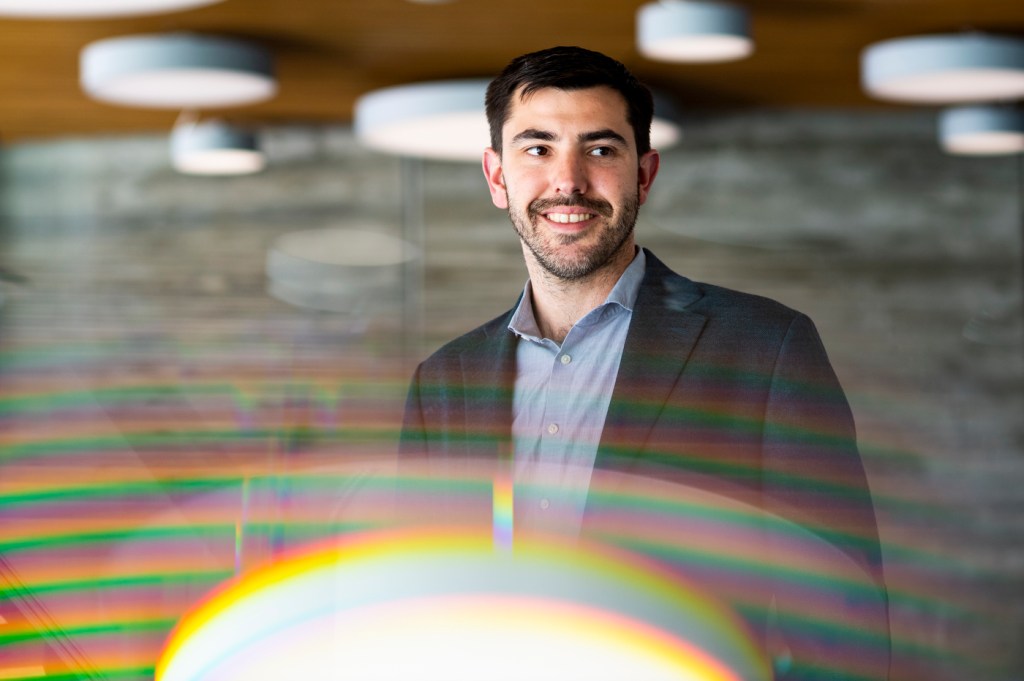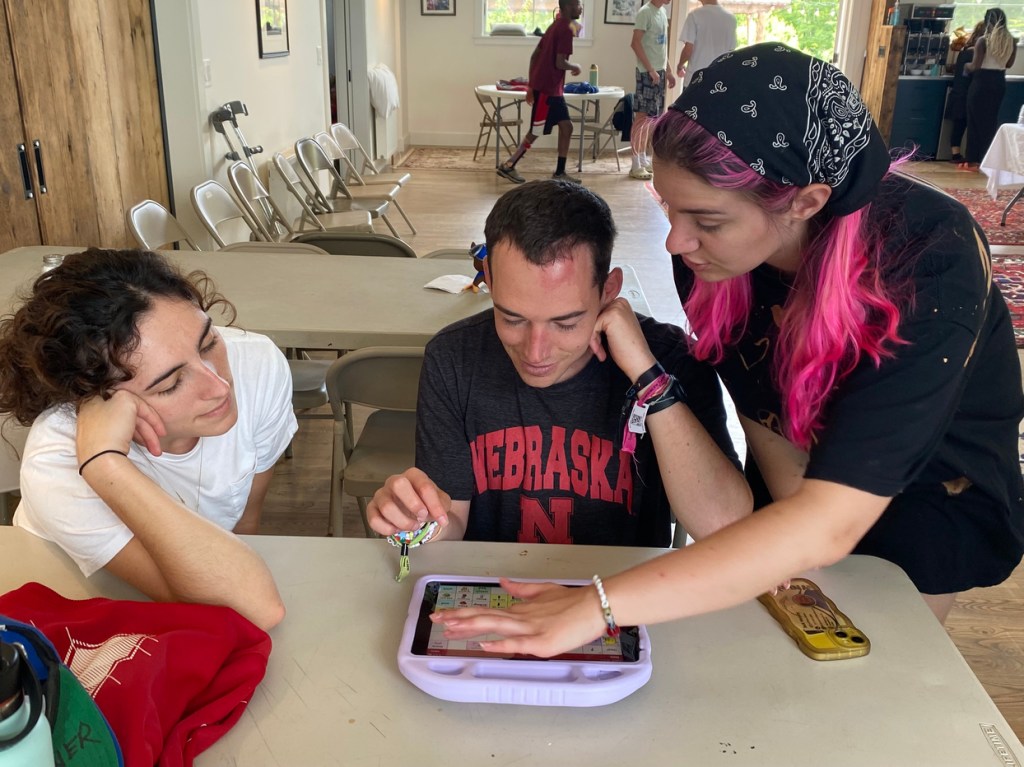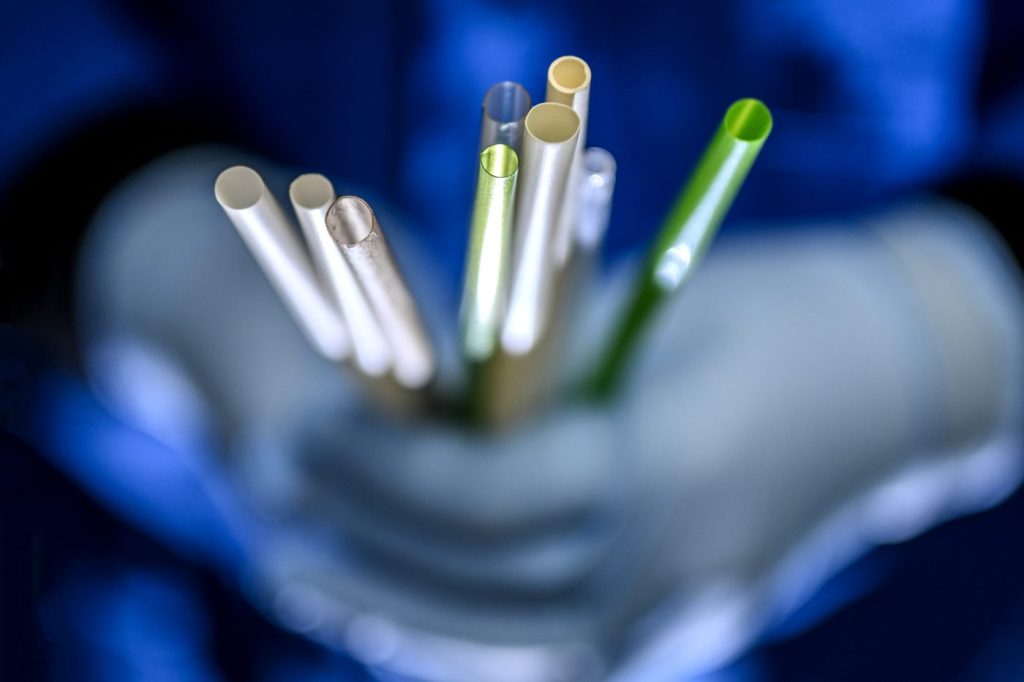Award-winning professor launches work-from-anywhere research program for community college students

This summer, Steven Lopez, assistant professor of chemistry and chemical biology, will launch a research collaboration program for community college students throughout Massachusetts who might otherwise not have opportunities to participate in lab work.
The six-week program, which begins May 30, will be funded in part by the Camille Dreyfus Teacher-Scholar Award, an accolade Lopez recently received for his outstanding accomplishments as an early-career chemistry professor and researcher.
Lopez decided to start the summer program in order to get community college students involved in computational chemistry research, a subject that isn’t taught at community colleges in Massachusetts, Lopez says.
Because the research in Lopez’s lab is purely computational—in other words, there are no test tubes or Bunsen burners—students only need access to a computer in order to complete their work. “The Summer Research Experiences are pandemic-proof because the research can be done from anywhere with an internet connection,” he says. This also makes the work accessible to community college students everywhere.
Eventually, the program will expand to include community college students from across the country. But this year, the cohort of five or six students Lopez anticipates admitting will be from Massachusetts.
The research in Lopez’s lab aims to identify the process by which molecules convert sunlight into energy. Because these reactions happen almost instantaneously, they are difficult to study. But understanding and eventually replicating or harnessing these processes could decrease the amount of energy needed to conduct chemical reactions.
For example, in a lab, the amount of energy required to heat 100 milliliters of solution is insignificant, Lopez says. But for pharmaceutical companies that run reactions on a much larger scale, the amount of energy required to heat, say, 1,000 liters of solution is much greater, and so are the energy bills. Tapping into the ever-present energy reserves of sunlight to facilitate large-scale chemical reactions could be both environmentally friendly and cost effective.
Students in Lopez’s summer program will not be harnessing the Sun’s rays to boil thousands of liters of chemicals, though. Rather, their work will be mostly mathematical. “All of the reactions my researchers study have already been done by experimental researchers we collaborate with,” he says. His researchers are responsible for running the calculations that analyze reactions that have already occurred.
The community college students who participate in Lopez’s program will work closely with Northeastern’s Alliance for Diversity in Science and Engineering, a graduate student-led organization that strives to increase the number of underrepresented individuals in both academic and industry settings. Lopez founded ADSE in 2015 as a nonprofit organization and is one of the co-directors.
“Hopefully this program provides community college students with connections that they can use if they ever decide to attend a four-year college,” Lopez said. “The goal is to give these students a pathway toward research in the future.”
For media inquiries, please contact media@northeastern.edu.





